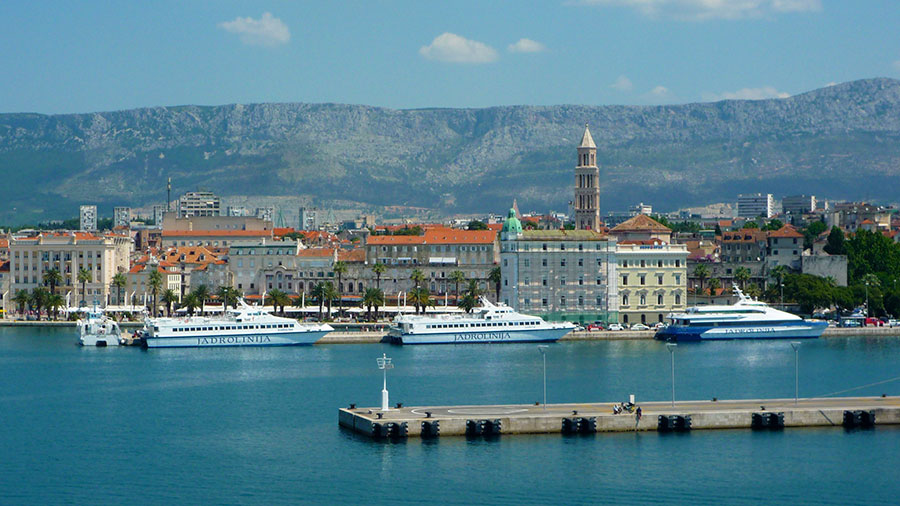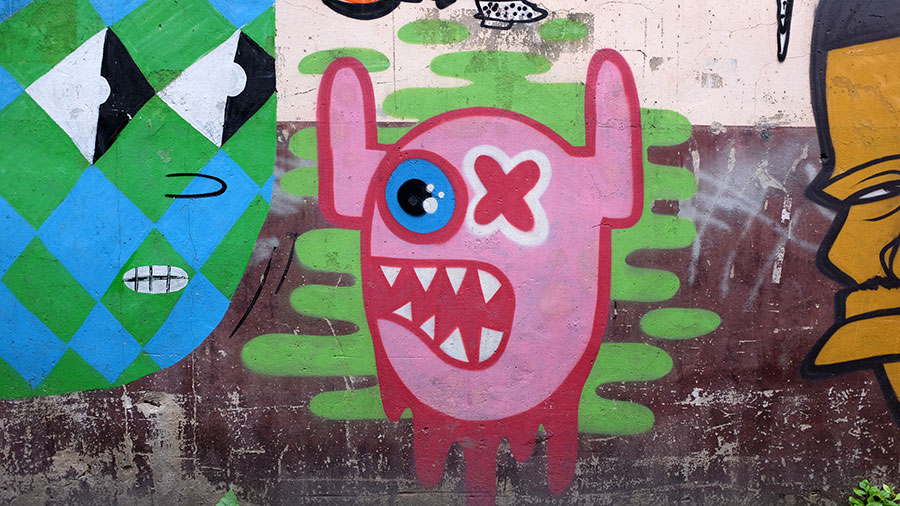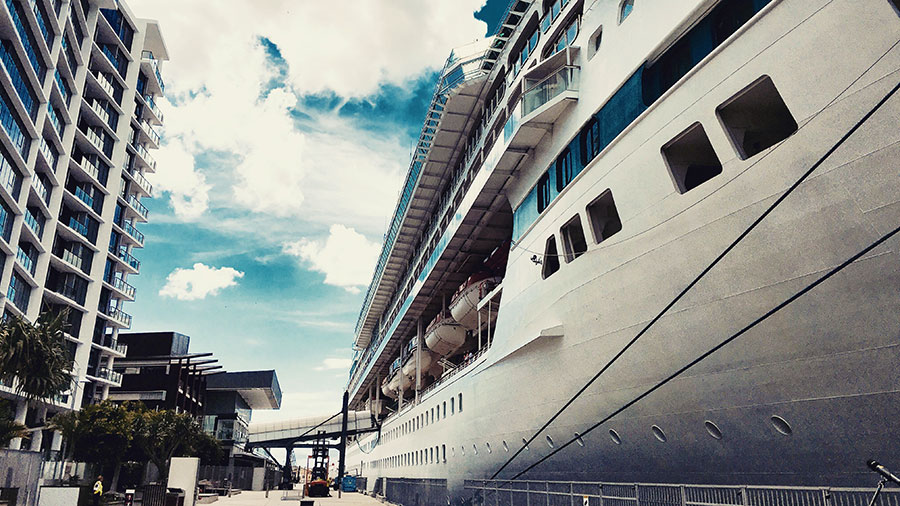Of the roughly 7.5 billion people on the planet, only 360 million or so of them speak English as a first language (well, according to Wikipedia at least). That leaves an awful lot of people who may or may not be able to decipher your attempts at asking questions in English.
Booking.com recently asked more than 18,000 people worldwide what the top phrases they’d want to know immediately in the language of the country they were visiting were.
Aside from obvious questions like the hotel basics and where is the nearest toilet, results showed it’s not just me who asks for the Wi-Fi password on check in. In fact, some 43 per cent of people feel the same urge to start browsing the interwebs at any opportunity.
Here are the 10 most popular travel questions and phrases in 10 convenient languages:
1. What’s the best way to get into town / the city centre? (46%)
Danish – “Hvordan kommer man nemmest ind til byen/centrum?”
German – “Wie kommt man am besten in die Stadt/ins Stadtzentrum?”
Dutch – “Wat is de beste manier om in de stad/in het centrum te komen?”
Italian – “Qual è il modo migliore per raggiungere la città/il centro città?”
Spanish – ¿Cuál es la mejor manera de llegar al centro?
French – Quel est le meilleur moyen de se rendre en ville / en centre-ville ?
Swedish – “Hur tar man sig lättast in till stan/centrum?”
Portuguese – “Qual é o melhor jeito para chegar à cidade/ao centro da cidade?”
Croatian – “Kako najbrže doći do grada/centra?”
Indonesian – “Bagaimana caranya ke kota/ke pusat kota?”
2. What’s the Wi-Fi password? (43%)
Danish – “Hvad er wi-fi-adgangskoden?”
German – “Was ist das WLAN-Passwort?”
Dutch – “Wat is het WiFi-wachtwoord?”
Italian – “Qual è la password del WiFi”
Spanish – ¿Cuál es la contraseña del WiFi?
French – « Quel est le mot de passe du Wi-Fi ? »
Swedish – “Vad är lösenordet till WiFi:n?”
Portuguese – “Qual é a senha do Wi-Fi?”
Croatian – “Koja je lozinka za WiFi?”
Indonesian – “Apa kata sandi WiFi-nya?”
3. What time is breakfast? (41%)
Danish – “Hvornår er der morgenmad?”
German – “Um wieviel Uhr gibt es Frühstück?”
Dutch – “Hoe laat is het ontbijt?”
Italian – “A che ora è la colazione?”
Spanish – ¿A qué hora es el desayuno?
French – « À quelle heure est servi le petit-déjeuner ? »
Swedish – “Vilken tid är det frukost?”
Portuguese – “A que horas é o café da manhã?”
Croatian – “Kad je doručak?”
Indonesian – “Kapan sarapan?”
4. Where can I get the best meal? (40%)
Danish – “Hvor finder jeg det bedste måltid?”
German – “Wo kann man gut essen?”
Dutch – “Waar kan ik het lekkerst eten?”
Italian – “Qual è il posto migliore per mangiare?”
Spanish – ¿Dónde se come mejor?
French – « Où mange-t-on le mieux ? »
Swedish – “Var hittar jag den bästa maten?”
Portuguese – “Onde posso provar a melhor comida?”
Croatian – “Koji su najbolji restorani?”
Indonesian – “Dimana yang makanannya enak?”
5. Where’s the toilet? (25%)
Danish – “Hvor er toilettet?”
German – “Wo ist die Toilette?”
Dutch – “Waar is het toilet?”
Italian – “Dov’è il bagno?”
Spanish – ¿Dónde está el baño?
French – « Où sont les toilettes ? »
Swedish – “Var ligger toaletten?”
Portuguese – “Onde é o banheiro?”
Croatian – “Gdje je WC?”
Indonesian – “Dimana toiletnya?”
6. Take me somewhere awesome (22%)
Danish – “Tag mig til et fantastisk sted”
German – “Bringen Sie mich an einen tollen Ort”
Dutch – “Ik heb koffie nodig”
Italian – “Voglio vedere un bel posto”
Spanish – Llévame a un lugar increíble
French – « Indiquez-moi un endroit magnifique. »
Swedish – “Ta mig till ett fantastiskt ställe”
Portuguese – “Me leve para algum lugar legal”
Croatian – “Odvedite me na neko prekrasno mjesto”
Indonesian – “Antar saya ke tempat yang bagus”
7. I need coffee (21%)
Danish – “Jeg vil gerne have kaffe”
German – “Ich brauche Kaffee”
Dutch – “Ik heb koffie nodig”
Italian – “Ho bisogno di un caffè”
Spanish – Necesito un café
French – « Il me faut un café ! »
Swedish – “Jag vill ha kaffe”
Portuguese – “Preciso de café”
Croatian – “Trebam kavu”
Indonesian – “Saya butuh kopi”
8. I can’t remember my room number (11%)
Danish – “Jeg kan ikke huske mit værelsesnummer”
German – “Ich habe meine Zimmernummer vergessen”
Dutch – “Ik weet mijn kamernummer niet meer”
Italian – “Non ricordo il numero della mia camera”
Spanish – No recuerdo el número de mi habitación
French – « J’ai oublié mon numéro de chambre. »
Swedish – “Jag kommer inte ihåg mitt rumsnummer”
Portuguese – “Não consigo lembrar o número do meu quarto”
Croatian – “Ne sjećam se broja sobe”
Indonesian – “Saya tidak ingat nomor kamar saya”
9. Can I request an early check in?
Danish – “Kan jeg tjekke ind tidligere?”
German – “Kann ich früher einchecken?”
Dutch – “Kan ik een vroeg inchecken aanvragen?”
Italian – “Vorrei richiedere il check-in anticipato”
Spanish – ¿Podría hacer el check-in antes?
French – « Est-il possible d’arriver plus tôt ? »
Swedish – “Kan jag få checka in tidigare?”
Portuguese – “Posso fazer check-in antecipado?”
Croatian – “Mogu li se ranije prijaviti u objekt?”
Indonesian – “Bisakah saya minta check-in lebih awal”
10. Where’s the closest pharmacy? (10%)
Danish – “Hvor ligger det nærmeste apotek?”
German – “Wo ist die nächste Apotheke?”
Dutch – “Waar is de dichtstbijzijnde apotheek?”
Italian – “Dov’è la farmacia più vicina?”
Spanish – ¿Dónde está la farmacia más cercana?
French – « Où se trouve la pharmacie la plus proche ? »
Swedish – “Var ligger närmaste apotek?”
Portuguese – “Onde é a farmácia mais próxima?”
Croatian – “Gdje je najbliža ljekarna?”
Indonesian – “Dimana apotek terdekat?”
Survey results and language translations courtesy of Booking.com


















